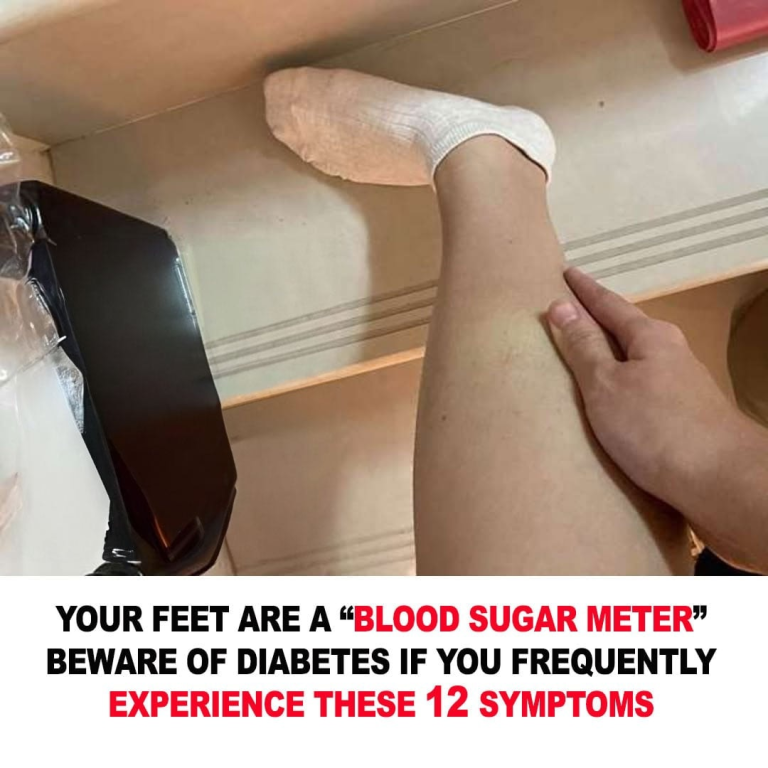Blurred vision is another sign that your blood sugar is dropping. When your glucose levels fall, it can affect the fluid levels in your eyes, leading to vision changes. This is a symptom you should not ignore.
9. Rapid Heartbeat (Palpitations)
If you notice a rapid or irregular heartbeat, it may be linked to low blood sugar. As your blood glucose levels decrease, your body releases stress hormones like adrenaline, which can increase your heart rate.
10. Nausea or Vomiting
Nausea is a common symptom of low blood sugar, and in more severe cases, it can lead to vomiting. This can occur as a result of your body’s stress response to low glucose levels. If left untreated, it could worsen, leading to dehydration and other complications.
11. Numbness or Tingling in the Lips or Tongue
Numbness or a tingling sensation in the lips or tongue is another symptom to watch out for. This occurs because your body is attempting to manage the lack of glucose in the bloodstream, affecting nerve function.
12. Severe Fatigue and Loss of Coordination
In severe cases, low blood sugar can lead to extreme fatigue and loss of coordination. You may feel unsteady on your feet or experience difficulty walking or moving. This can be dangerous, as it increases the risk of falls or accidents.
How to Treat Low Blood Sugar
If you notice any of the 12 signs of low blood sugar, it is important to take action immediately. Here are some steps you can take to raise your blood sugar levels safely:
Consume fast-acting carbohydrates: If you experience symptoms of low blood sugar, try consuming 15-20 grams of fast-acting carbohydrates, such as fruit juice, glucose tablets, or a small portion of candy.
Recheck your blood sugar: After 15 minutes, recheck your blood sugar levels. If they’re still low, repeat the process until your levels stabilize.
Eat a balanced meal: Once your blood sugar is back to normal, eat a balanced meal containing protein, fats, and complex carbohydrates to maintain steady glucose levels.
When to Seek Medical Help
If your symptoms of low blood sugar are severe or persist despite taking corrective action, it is important to seek medical help. Severe hypoglycemia can lead to unconsciousness or seizures, which require immediate treatment. If you are unable to manage your symptoms at home, contact a healthcare professional or go to the emergency room.
Recognizing the 12 signs of low blood sugar is crucial for maintaining your health and preventing serious complications. If you experience any of these symptoms, it is important to act quickly by consuming fast-acting carbohydrates to raise your blood sugar levels. By staying informed about low blood sugar symptoms and taking prompt action, you can protect yourself from the risks associated with hypoglycemia.
Remember, if you regularly experience low blood sugar episodes, it is important to consult with your healthcare provider to ensure that your condition is being properly managed and that you are following a safe and effective treatment plan.
